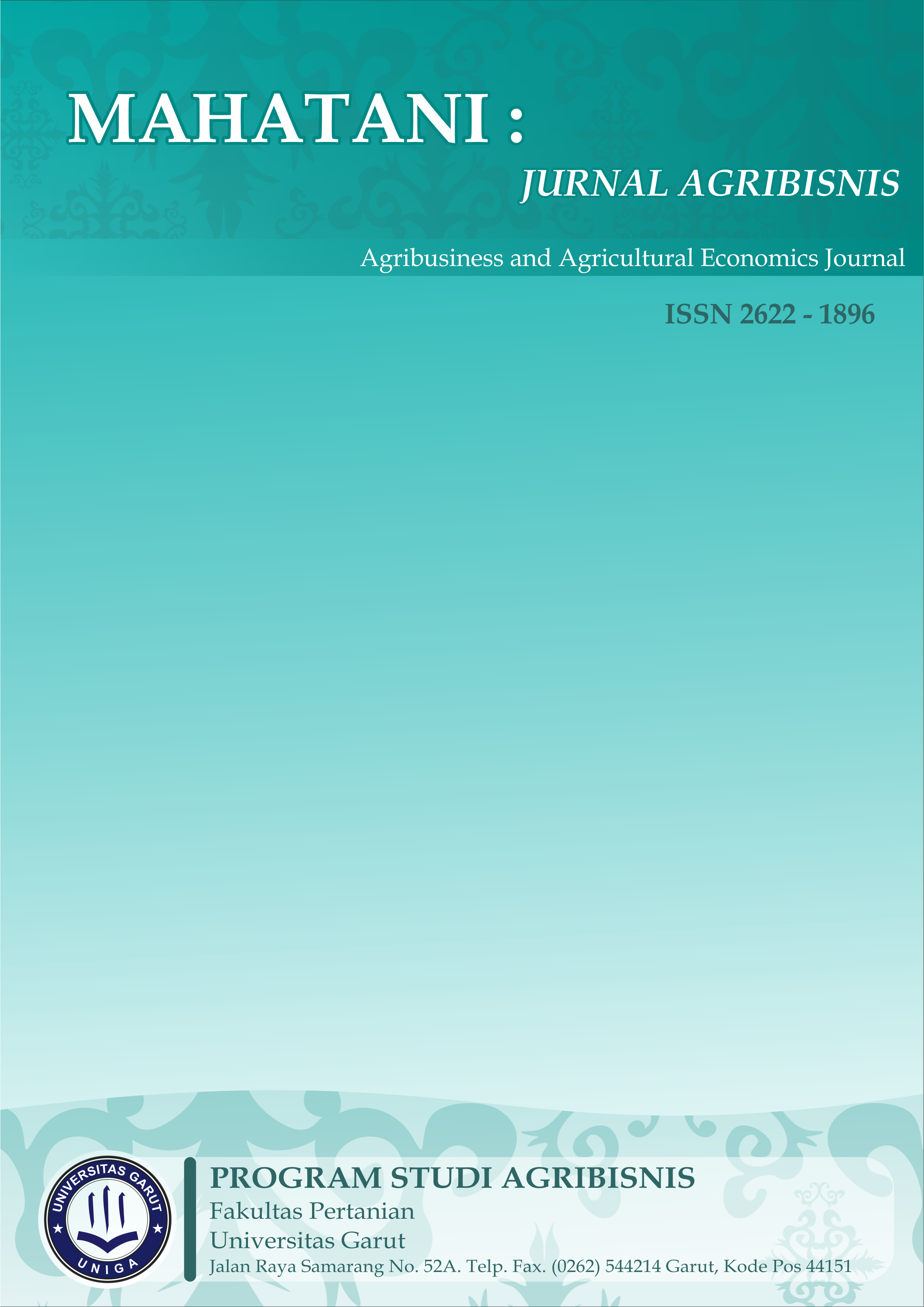Improving Coastal Communities' Micro Enterprises' Knowledge Capabilities: Boosting Finance Digitalisation In Small Islands Region
DOI:
https://doi.org/10.52434/mja.v8i1.42354Kata Kunci:
MSMEs, fintech, knowledge capabilities, performanceAbstrak
Central government efforts to push MSMEs (micro, small and medium enterprises) into more digitalisation to improve the effectiveness and efficiency of MSME business processes and operations may face significant challenges for MSMEs in small island regions. Internet access, ICT (information communication technology) capabilities, and fintech services penetration hamper the government's good intentions. To help the government initiative, this study aimed to improve knowledge capabilities, especially in using financial technology (fintech) by the coastal communities' micro enterprises, consisting of fishermen and marine farmers in Kei Islands, Indonesia. This study integrates SWOT analysis and Fuzzy AHP (analytical hierarchy process) to obtain a viable alternative to increase and improve the knowledge capabilities of fishermen and marine farmers who use fintech services to improve their overall managerial performance. This study uses qualitative data collected from in-depth interviews conducted on three categories of experts, namely bank and financial senior officers (one head of state-owned bank regional chief), MSMEs in fisheries (ten MSMEs), and researchers (one researcher). The result showed that more socialisation, either to increase the knowledge on fintech services available, the use of ICT, and the importance of managing the business properly, can improve the knowledge capabilities of micro enterprises in coastal areas in order to adopt business digitalisation.
Referensi
Afnesia, U., & Ayunda, R. (2021). Perlindungan Data Diri Peminjam Dalam Transaksi Pinjaman Online: Kajian Perspektif Perlindungan Konsumen Di Indonesia. Jurnal Komunitas Yustisia, 4(3), 1035–1044.
Alwi, A. B. (2018). Pembiayaan berbasis teknologi informasi (fintech) yang berdasarkan syariah. Al-Qanun: Jurnal Pemikiran Dan Pembaharuan Hukum Islam, 21(2), 248–264.
Bire, A. R., Sauw, H. M., & Maria, M. (2019). The effect of financial literacy towards financial inclusion through financial training. International Journal of Social Sciences and Humanities, 3(1), 186–192.
Cahyadi, T. N. (2020). Aspek Hukum Pemanfaatan Digital Signature Dalam Meningkatkan Efisiensi, Akses Dan Kualitas Fintech Syariah. Jurnal Rechts Vinding: Media Pembinaan Hukum Nasional, 9(2), 219.
Disemadi, H. S. (2021). Fenomena Predatory Lending: Suatu kajian penyelenggaraan bisnis fintech P2P lending selama pandemi Covid-19 di Indonesia. Pandecta Research Law Journal, 16(1), 55–67.
Fitriani, H., Hafidz, M., & Zainuddin, Z. (2022). Analisis Hukum Terhadap Pinjaman Online Ilegal Perspektif Hukum Perdata Dan Hukum Islam. Journal of Lex Generalis (JLG), 3(3), 501–516.
Huang, C.-J., Talla Chicoma, E. D., & Huang, Y.-H. (2019). Evaluating the factors that are affecting the implementation of industry 4.0 technologies in manufacturing MSMEs, the case of Peru. Processes, 7(3), 161.
Unduhan
Diterbitkan
Terbitan
Bagian
Lisensi
|



1.png)















